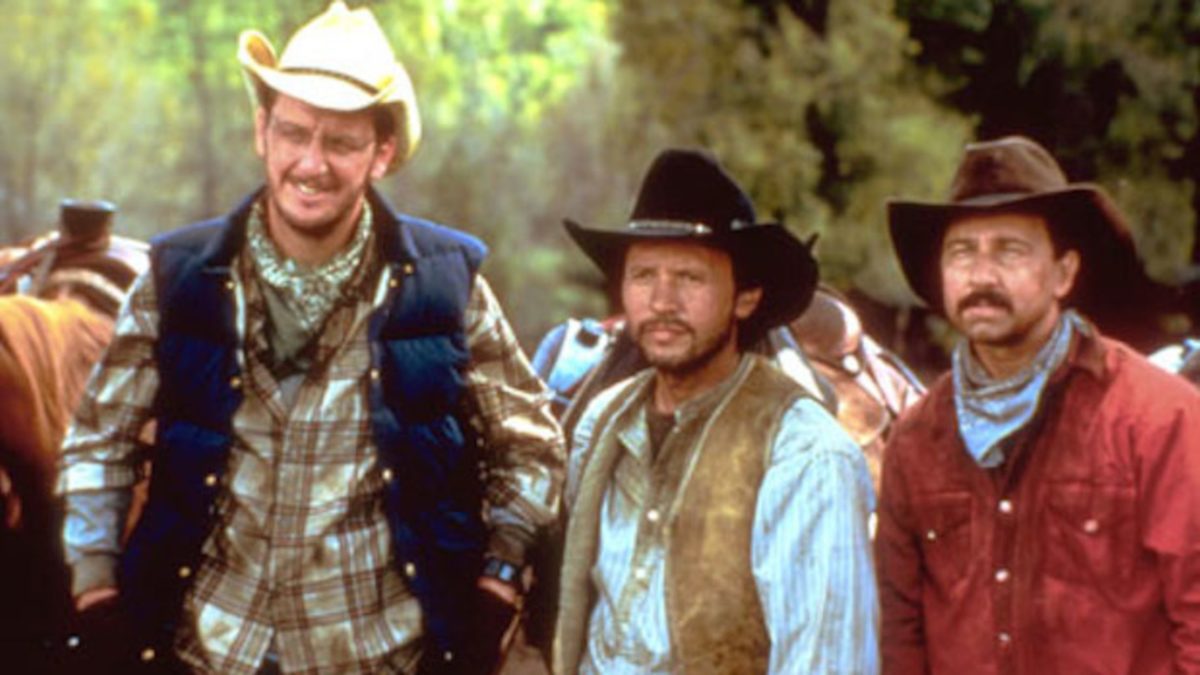In all toil there is profit, but mere talk tends only to poverty.
~Proverbs 14.23
Originally, the cowboy hat was made to be functional for those who spent long days in the sun working cattle. The wide brim protected the head from the sun’s rays. Eventually, that rim was turned upward on the sides so that the swinging of a rope would not be impeded or knock the hat off. The pinch at the top of the hat made the hat easier to grip.
As with many articles of clothing, fashion followed function. People who have romantic visions about cowboy life, love country music, or like the style of headwear incorporate the cowboy hat into their wardrobe. The hat says “cowboy,” but they ain’t no cowboys. Real cowboys have a saying for this: “He’s all hat and no cowboy,” or “All hat, no cattle.” For all of you city slickers out there, this means that a person is all talk and no action.
Though I’m sure Solomon would have no problem with non-cowboys wearing cowboy hats for fashion, he does have several warnings about being all talk and no action. This is the character of a sloth.
In Proverbs 14.23, Solomon says that there is profit in all toil. The word toil reflects man’s original calling to work and how that calling continues transformed after the fall. The woman will toil in childbirth (Gen 3.16). The man’s toil will be a sweaty battle with the soil, fighting back thorns and thistles to make the earth fruitful. These respective tasks were given to man (man + woman) for the work of dominion God originally designed for them. They must still be done, even through difficulty. Solomon tells us that there is a promise with the calling: “In all toil there is profit….” The work of dominion will be ultimately successful because God will make it so. Between this time and the end, profit takes on different forms in our dominion work. Sometimes it even involves money. When our toil is consistent with our God-given dominion mission, it is always profitable.
Mere talk, says Solomon, tends only to poverty. Sometimes this poverty involves money. People who have big dreams and talk about all that they want but never put solid plans into action will never be fruitful in any area of their lives. A man who sits in a classroom talking about soil, seeds, and cultivation will never have a crop if he doesn’t get out and plant, cultivate, and harvest.
Poverty, however, is not limited to financial resources. Talking issues to death without setting down and implementing a plan leads to a lack of productivity in every area of life.
In the little corner of the Christian world in which I grew up, having revival meetings twice per year was vital. A visiting preacher with seven suits and seven sermons would come in and preach people into hell or get them so close that they smelled like smoke. People in the pews would take a verbal beating about their sins, and many of us deserved it. Though we were Protestants, our inner nominal Roman Catholic came out in many of us. The experience of hearing the hard words was itself a Protestant penance. The emotional cleansing we received through our whippin’ replaced actual lifestyle change.
This sort of inaction happens all the time in the counseling or therapy world. There is nothing wrong with counseling. Counseling is individually directed teaching about how to handle yourself, others, and situations wisely. That is what Solomon is doing in the entire book of Proverbs. But instruction should always lead to action. Modern counseling or therapy–even in churches–tends toward emotional catharsis, feeling better because you got things off of your chest. You talked about them. There is a place for this, but if it stays at mere talk, you will be psychologically, emotionally, and relationally poverty-stricken.
Counselors, whether pastors, friends, or professional counselors, should not encourage this. Those who do are fostering fools. Any counselor who discovers that someone only wants to talk about problems but is not willing to do the work to change should compassionately yet firmly say, “Until you are ready to do what I’ve already told you to do, I’m not counseling you anymore.” Be ready. You will be labeled as heartless, cruel, insensitive, ungracious, and, of course, unloving. But the sloth does not have the privilege of defining those words. He is a fool. He doesn’t know what love is. His moral compass is disoriented.
Search the Gospels and see what Jesus did. Jesus called people to follow him in the way of wisdom. He laid out what that meant. After that, they had a choice: do what he said or disobey. Jesus dealt with them accordingly. The rich young ruler walked away sad after Jesus told him he had to sell all that he had to follow him. Jesus didn’t chase him down and go through a year’s worth of counseling to let him talk about why he was having a difficult time doing what Jesus called him to do. He let him go. If and when he was ready to do what Jesus told him to do, Jesus would happily receive him among his disciples.
The Twelve, even though they were thick-headed and one of them turned out to be a devil, followed Jesus. They didn’t talk about it. They did it. Though Jesus was frustrated with them at times, he patiently endured their immaturity and ignorance because they were willing to put feet to their words. He still does this.
Wise men plan. They plan in the counsel of others. They talk about what they want, but they also talk about how they are going to accomplish what they desire. Then they do it. Talk is no substitute for action.
















